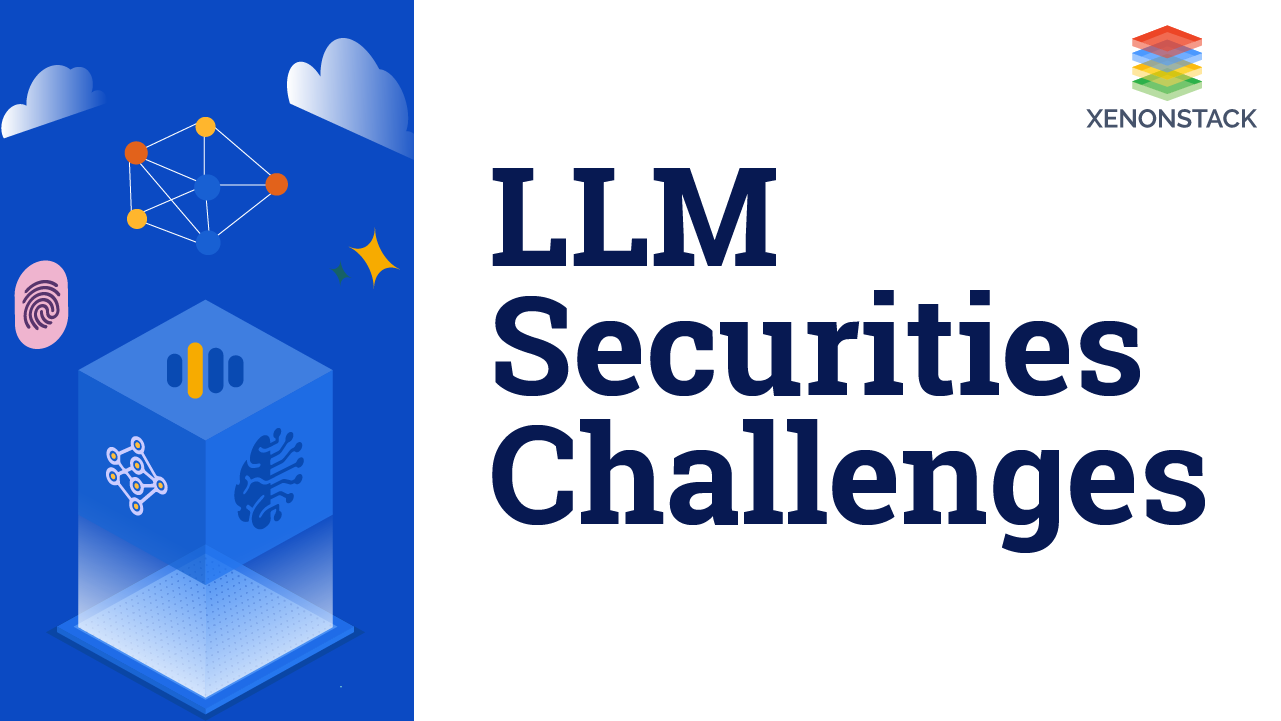
Introduction
The importance of cybersecurity increase with the adoption and reliance on digital products and services. The technological landscape is a vast battleground where threats look for openings to attack. It becomes unquestionably more challenging to maintain the security, privacy, and safety that users expect.
2023 will be a more challenging, perplexing, and frustrating year for everyone involved in cybersecurity. The growth of cybercriminals will impact at a national level. The cybersecurity industry will struggle with the resources and agility in response to new attacks, but consumers will begin to demand cybersecurity products and services that are trustworthy, fueling greater support by cybersecurity programs. The world relies more on digital technologies and unknowingly embraces the increasing accompanying risks of accompanying innovation.
Cybersecurity Predictions for 2023
As you plan your priorities, roadmap, and strategic planning for the year, the security and risk experts offer the following cybersecurity predictions for 2023
Cybercrime will overcome the Dominance of Government
Law enforcement authorities worldwide are improving their ability to track down and prosecute cybercriminals. In 2023, a new strategy will emerge, targeting the hackers' infrastructure, personal assets, and systems. Many nations, including the United States, will use their military and intelligence agencies to launch offensive hack-back operations with their close allies.
I predict the professional hackers will spend the first quarter or so hardening their infrastructure, creating recovery plans, increasing their organization's security, and improving the stealth of their money transfer and laundering operations. They will prepare for the more difficult surroundings before returning to the battleground. Expect the next generation of cybercriminals to use more automation and distributed resources, such as Ransomware-as-a-Service, compromised technology suppliers, hijacked infrastructures, cryptocurrency, and public blockchains, making it more difficult for government attackers to severely disrupt their capabilities.
The success of cybercrime will attract a higher percentage of people joining the Internet to work in entry-level professions. Those who are financially deprived may be lured to becoming a ransomware affiliate, online money mule, data harvester, malware distributor, or malevolent social engineer because of the profit potential.
Quantum will start to Evolve Cybercrime
In 2023, quantum hacking research will begin to yield results. This year, I expect some proof-of-concept work that leverages quantum hardware with custom software to demonstrate how specific encryption techniques can be compromised at scale.
This preliminary research, which demonstrates real-world capabilities, will send shivers up the spines of technology companies and governments. As a result, there will be a surge in activity to complete and deploy new quantum resistance algorithms that are hardened against such attacks.
The decisions on which standards to adopt are strategically essential to the industry, but the effort to execute them is the most challenging and requires the greatest investment.
Widespread attacks in the wild and product transitions to better-hardened encryption standards are still a year away, as part of a much larger war that will play out over the next decade, putting the world's digital data's confidentiality at risk.
The next milestone will be proof-of-concept attacks against encryption using quantum systems, stimulating a shift in data protection standards and eventually demanding major modifications to the global digital ecosystem's infrastructure.
Ransomware will have a Huge Impact on Society
Security and government agencies will fail adequately in response to the dramatic surge of impacts because of ransomware. By mid-year, the attacks will accelerate rapidly in scope and innovation. An essential target of well-organized attackers will be critical infrastructure. Many people will fall victim to the patient, methodical, relentless, and well-organized attacks, regardless of how secure they are.
By 2023, the impact of ransomware will increase by at least tenfold. By the end of the year, the government and many industries will declare cyber-attacks a national emergency—a threat to democracy and one of the highest priorities to address.
Cryptocurrency will become the Major Medium for Theft, Hacks, and Fraud
Although cryptocurrency hacks are not new, society has long seen the victimization of early-adopting technophiles due to their risk-taking habits. However, if more people become involved in crypto and become victims, the political fallout will lead to more public demands for regulations.
2023 will be fraught with several more cryptocurrency frauds, exchange hacks, account takeovers, asset thefts, money laundering, and other financial crimes will be committed by hackers in the year 2023. Expect multiple attacks and frauds, with losses surpassing three times in 2022.
The Prime Target - Critical Infrastructure
Both cybercriminals and technologically capable countries will be focusing their efforts on the National Critical Infrastructure sectors. Attackers will merge Operational Technology and Information Technology systems, Making the defence and response more difficult. Attacks will be targeted at disrupting service delivery, and defences will be tested across all the sectors. The most critical targets would include telecommunications, healthcare, government, energy, transportation, and water management. Many will become victims of these crimes, which will impact their downstream service clients.
Artificial Intelligence will uplift the Cybersecurity Race
AI will be used offensively to compromise targets' security, privacy, and safety. Attackers will utilize AI in large-scale operations to commit fraud, theft, social engineering, obtain target intelligence, and control botnets dynamically. New AI innovations will work to shatter the identity and trust of people.
Cybersecurity will respond to these intensified risks with AI-enhanced systems of its own, striving to keep up with attacks in terms of detection, protection, and recovery. This will expand the current use of AI for anomaly detection and branch out into totally new branches for improved efficiency and scalability of cybersecurity.
In 2023, artificial intelligence (AI) will be the next weapon in cybersecurity. New weapons introduced in the battle will always experience trials, fear, blunders, invoke surprise, and eventually refinement to create powerful systems for both sides. The attacker's initiative will benefit within the time it takes for the defenders to respond with better defences.
AI will demonstrate how manipulation and misuse of technology can cause harm as much as it can benefit. By the end of 2023, the usage of AI will begin to shift the types of attacks, tools, and strategies used by cyber attackers on a large scale.
Public-Private Cooperation in Cybersecurity will stay Inadequate
The United States government will fund and collaborate more closely with the private sector, particularly those firms that manage or support important national infrastructure sectors. The Cybersecurity Infrastructure Security Agency and partner organizations will step up to solve substantial gaps in cybersecurity by laying the groundwork for enhanced data collection, public/private collaboration, and publishing standard recommendations for industries to enhance security.
Many new public-private partnerships will be in place by the end of 2023. the majority of them will be focused on data transmission with the government. It will be regarded as an uneven collaboration because these capabilities are not seen as directly benefiting most private sector participants.
Law Enforcement will have a Strong Position
Law enforcement agencies have been investing in technology and training for years, putting them in a far stronger position in 2023. Many criminal prosecutions will be filed for threat actors worldwide as a result of new technologies, processes, and cross-border collaboration.
Investigations will become more effective, but this will not considerably reduce the overall damage caused by cybercriminals. The increase of attackers and their effects on victims will outpace law enforcement efforts.
Expect to hear some major cases and victories for the good folks. By the third quarter of 2023, a temporary pause in the first half of the year will have given way to criminals returning with better tactics, improved tools of their own, stronger infrastructures, and more widespread capabilities. In this year, the overall loss will reach new heights.
Oppressive Governments incorporate Digital Technology
Oppressive governments will prioritize the development of several capabilities to protect their positions of power, including identifying disloyal citizens or dissidents, controlling social media narratives by suppressing unflattering discussions and data about government practices & their rulers, and detecting potentially threatening topics that receive public attention. Offensive cyber operations will become a core part of their domestic policy toolbox.
The emergence of new Foreign Policy Tools
Nations provide considerable financial and technological resources and political cover for offensive operations. Attacks will be launched directly by government agencies and through external third-party agents engaged as cyber mercenaries.
Militaries, along with their defence industrial base, intelligence agencies, and diplomatic corps, will add new cyber capabilities to their toolkits, giving leaders additional defensive and offensive options. Highly skilled teams, advanced tools, and large spending will support greater capabilities as mechanisms to push foreign policy and protect essential national capabilities.
These powerful organizations can carry out extremely costly and complex attacks, such as the SolarWinds supply chain attacks in 2021/2022. These exploitations go deep and impact a wide range of public and private victims on a never-before-seen scale.
In 2023, cyber will be a new battlefield, where state coordinated attacks could sabotage economic stability, sway public opinion, disrupt national infrastructures, and cripple the ability and morale of military forces to conduct operations, destabilize governments, and manipulate political sovereignty. Most attacks will be carried out in secret, away from the public eye, much like what the cold war did a generation ago.
Conclusion
It will be a landmark year for cybersecurity, as it will remake itself to meet growing challenges and emerging threats. Consumers will suffer tangible effects from hacks this year, and they will realize the necessity of trustworthy technology. The foundations of digital innovation as security, privacy, and safety become a buying criterion and a matter of public conversation.
- Read more about Impact of Insider Threats in Cyber Security
- Click to explore the Cloud Native Security Tools and Architecture


